- OT
- Life in practice
- Practitioner stories
- How to fail successfully
The cover story
How to fail successfully
OT talks with optical leaders about their approach to times when things do not go to plan – and how mistakes have shaped their success
You may not have heard of the newspaper cartoonist fired from the Kansas City Star for a lack of imagination.
Yet these experiences of failure shaped Walt Disney and Fred Astaire in the same way that their successes made them household names.
“Failure is success in progress,” the Nobel prize winning physicist (and high school dropout) Albert Einstein once said.
For this feature, OT asked leaders within optics for their approach to failure and how the times things did not go to plan have informed their success.
Three labradors and a grand piano
From the age of 14, Stephanie Lipsey-Liu imagined owning her own optometry practice.
She pictured a boutique building with a large glass shopfront and a grand piano in the corner. Her three labradors would make themselves at home on the shop floor.
Fast-forward two decades, and the reality is slightly different from the dream.
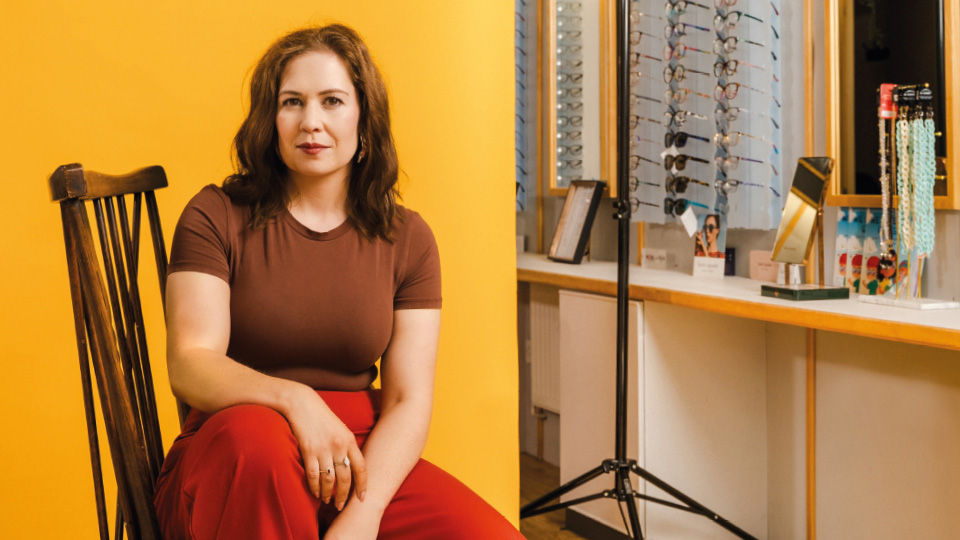
Lipsey-Liu became the owner of Charles Lea Opticians in Mapperley alongside her business partner in October 2021.
She has two rescue dogs rather than a trio of labradors. The closest she comes to a grand piano is playing the occasional tune for care home residents as part of her domiciliary business.
Although the details of practice ownership may not be exactly as she imagined them, Lipsey-Liu still has a child-like joy in the fact that she owns her own business.
“I can’t actually believe it is my practice. Every time we drive past the practice with my daughter I go ‘Say hi to mummy’s practice!’ We say hi to it all the time,” she said.
Don’t dwell on the past if you're not learning from it
Lipsey-Liu’s experience as a locum before practice ownership has helped her to reflect on what does and does not work in practice. Through hearing gossip circulating when she first started locuming, Lipsey-Liu learned the importance of valuing staff.
“Being flexible with their needs and acknowledging their contribution is essential,” she said.
When things do go wrong in practice, Lipsey-Liu is an advocate for kindness – to her staff, to patients and to the person looking back from the mirror.
“We are so much harder on ourselves than on anyone else. If you catch yourself saying something to yourself that you wouldn't say to any other person, then stop,” she emphasised.
“Don't dwell on the past if you're not actually learning from it,” she said.
Lipsey-Liu’s six-year-old daughter is now thinking about her own future plans. Optometrist is on the list – but it sits alongside a singer, a dancer, a zookeeper and a ballerina.
“She believes she can do it all,” Lipsey-Liu shared.
A new perspective
Optometrist and practice owner, Deepak Oberai, describes himself as an “accidental entrepreneur.”
In 2012, after six months of working without payment for a practice owner who was short of funds, Oberai suggested that the owner sell him the business.
“When I look back, I think ‘What a silly, dumb move.’ But when you are in your 20s, you do things that don’t make sense. Ultimately, I’m so glad that I did,” he shared.
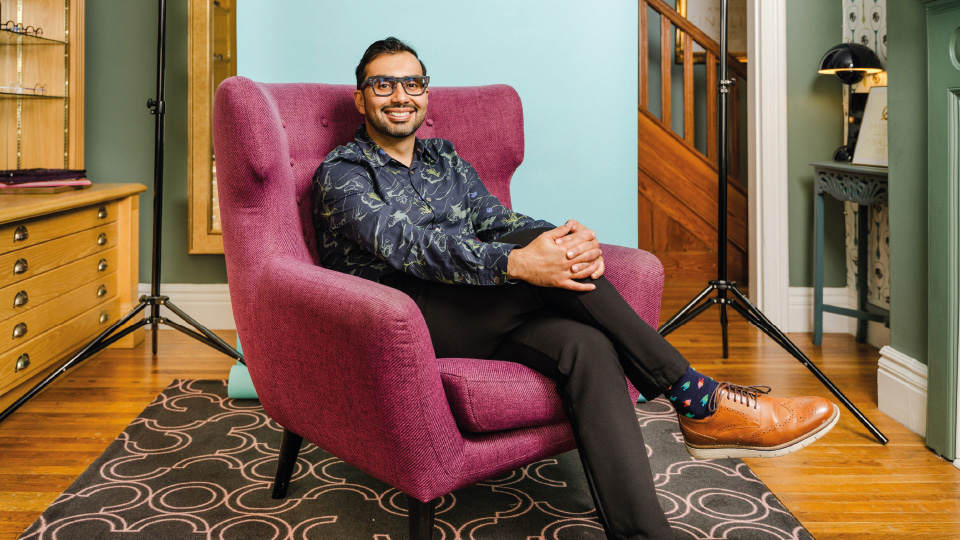
Two years into business ownership, the practice was not making money and Oberai reached a point where he considered closing the doors.
Oberai came up with an unlikely solution to these challenging circumstances. He would climb Mount Kilimanjaro – and he would do it in two months’ time.
“Everyone was saying that it was not going to happen but two months later, I was on top of the highest mountain in Africa,” he shared.
Oberai explained that overcoming this test of endurance proved to himself that he could grapple with the equally daunting struggles of business ownership. He gained a sense of perspective, both literally and figuratively.
When Oberai returned from Mt Kilimanjaro, he decided to stop working as a locum alongside business ownership and focus his energy on transforming his practice.
He refurbished the building, hired a dispensing optician and reduced the eyewear selection from close to 1000 mostly NHS-value frames to a carefully curated display of 30 frames.
“People would walk in and the first thing they would say is ‘Wow, where am I?’,” Oberai recalled.
Within three years, the practice turnover had doubled. After building momentum in his first practice, Oberai looked to embark on a new challenge with the purchase of a second practice.
He visited optometry practices in Belgium, Germany and France to find inspiration for what he wanted his new venture to become.
In the process of establishing Station Road Opticians, Oberai learned the importance of a business reflecting the neighbourhood that surrounds it.
“We are not in Berlin. We are in a suburb of Manchester. We needed to match what people are here for,” Oberai shared.
In terms of mistakes in the frames he stocks, Oberai is resigned to the fact that around one in ten frames will not be a popular purchase – but they may still make a customer smile or start a conversation.
My life is so much more fulfilled with all of the skills that I have learned
There is a limited-edition frame from Silmo that has sat on the shelf since it was purchased.
“It reminds me of decisions that I have made in the past. I think one day, maybe in five years’ time, some guy or girl is going to walk into the practice and think ‘That frame is for me.’ It will make me very happy,” Oberai shared.
He observed that owning a business is a process of constant improvement. Oberai believes that it is a mistake to think that an optometrist’s education ends at qualification.
“So many doors can open after you have qualified,” he said.
“In the early days of Station Road, I had those regrets of wondering why I had taken on this challenge – was it too big? But now, five years in, I look back and my life is so much more fulfilled with all of the skills that I have learned,” Oberai shared.
Behind the cover story
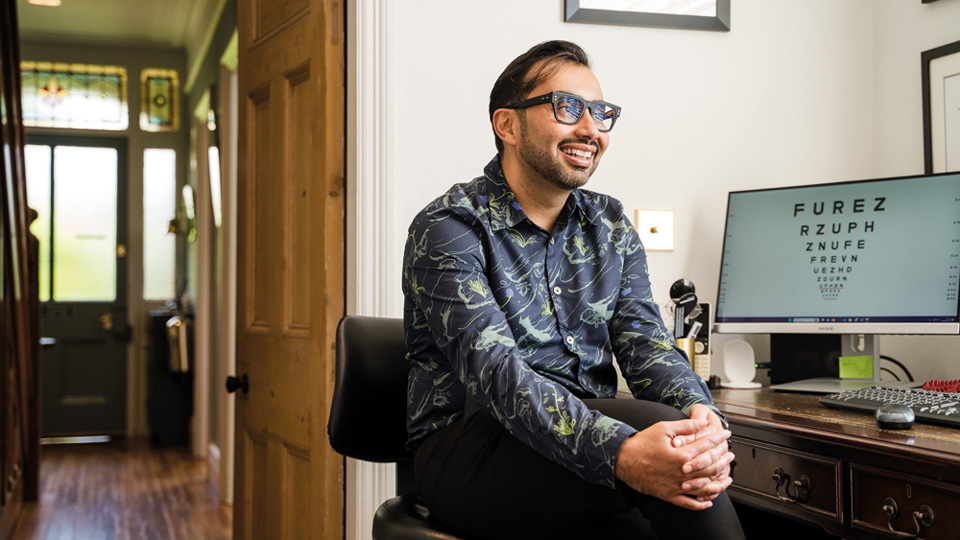
6 images
Mark Newton
Looking beyond optics
Conor Heaney is the owner of Jones & Co Styling Opticians in Manchester. He is also the founder of Optical Success Academy, which provides marketing and business coaching to independent optometry practices.Heaney’s podcast, The Optical Entrepreneur, garners wisdom from a diverse range of industries and professions to help optical professionals grow.
Alongside optical industry stalwarts, he interviews experts in sports retail, airline hospitality and restaurant service.
“It is logical if you think about it – if you want to offer good service, then consider what other businesses do this well,” he shared.
Reflecting on failure within his own experience of establishing a business, Heaney shared that most things he experimented with did not work at first.
“You have to persist and figure it out. You make refinements and then it turns into something that you wouldn’t go back on in a million years,” Heaney emphasised.
The most successful people learn to use their mistakes and not fear them
He shared that the skills necessary in business are often different from those that are honed as an optometrist.
“When you study optometry, there is a n exactness and a preciseness to it. You know what the prescription is or what the diagnosis is,” Heaney shared.
“In business, I think you often have to make decisions with the best information that you have. You have to be willing for mistakes to happen,” he emphasised.
Heaney believes that a hesitancy to talk about failure is linked to a sense of shame.
“The reason people don’t talk about their failures is that they are afraid of what those mistakes say about them,” Heaney shared.
“But they aren’t anything to be afraid of or ashamed of. Everyone makes them. The most successful people learn to use their mistakes and not fear them,” he said.
Generational lessons
A formative experience that shaped Jason Kirk’s view of failure was learning how to play chess from his father at the age of four.“For three years he would beat me at chess, every night. I would play and play and play. He said to me ‘You have got to learn how to lose before you learn how to win.’ That shaped me so much,” Kirk shared.
Five decades later, Kirk continues to play chess and the strategic thinking at the heart of the board game informs his approach.
After entering optics in 1992, Jason Kirk and Karen Kirk – his wife and creative director – built a successful eyewear brand over two decades.
However, after taking on investors who did not share the same vision in 2012, the Kirks made the difficult decision to sell their shares in the company.
“It is like losing a member of the family because we had built it up from nothing,” Kirk shared.
“When you are faced with that kind of situation, you either lie down and cry, or you say ‘I know what I am capable of and I am going to get back on the horse and do it again’,” he said.
Kirk & Kirk was established in 2013, launching its first collection in 2015. A creative blend of modern materials and traditional processes has led to a range of ultra-light weight frames in an unprecedented range of colours.
“We are the only people in the world who hand-make frames from acrylic,” Kirk shared.
“They are made the old-fashioned way at our factory in France – there is very little that is modern process,” he said.
A similar thread of innovation ran through the endeavours of Kirk’s grandfather and great uncle, Percy and Sidney Kirk, who began making lenses with a repurposed sewing machine in 1919.
The pair went on to become trailblazers within the industry – inventing the first adjustable nose pad and the bullet proof safety lenses worn by Malcolm Campbell when setting the world water speed record in 1939.
Kirk established his first company after he discovered boxes of original frames designed by Percy while helping to refurbish his father’s optometry practice.
When it comes to frame selection, Kirk shared that you can see it in a customer’s expression when they are wearing the right frame.
“Their face lights up. Often, they don’t even need to look in the mirror. They just feel it,” he said.
“If you don’t feel two inches taller when you put the frame on, then you haven’t got the right frame,” Kirk emphasised.
Sea change
When François van den Abeele purchased his first pair of spectacles he had an idea.Holding the plastic frames in his hand, he wondered whether he could transform marine litter into a household item that is the first thing millions of people reach for when they wake up in the morning.
van den Abeele contacted friends working in the optical industry in Italy for their thoughts.
“They said ‘Francois, it is not possible’,” he shared with OT.
Undeterred, van den Abeele contacted a series of Italian eyewear manufacturers to see if they would be interested in exploring the idea.
Among a series of rejections, one family-run company, where grandparents work alongside grandchildren, said yes. What is more, they would try this experiment free of charge.
van den Abeele found himself on a plane to Italy with 20 kilograms of plastic pellets created from plastic bottles, fishing nets and other types of marine litter.
After three months of testing van den Abeele and his team has achieved what many had said would not be possible.
“We got to something that looked like a pair of glasses,” he said.
From this point in 2016, Sea2See has grown to stock frames in more than 4000 practices in Europe, Canada and the US.
A year after those initial experiments in an Italian factory, the vice prime minister of Belgium was wearing Sea2See frames while delivering a speech at the United Nations. van den Abeele spent a day fishing for marine plastic with Spanish actor Javier Bardem – who later wore his frames on the Cannes red carpet.
The company collects 250 tonnes of marine litter from Ghana each year – far exceeding the volume of plastic required to create Sea2See frames.
“If I only collected what I needed for my frames, I would go fishing for two days and then say ‘Guys, we are done’,” van den Abeele shared.
The plastic pellets that are not used in frames are sold to a company that gives the ocean waste a second life as a variety of different products – from watch straps to surfboard fins and yarn for weaving socks.
van den Abeele shared that the extent of the problem with ocean waste was reinforced during a shrimp fishing expedition.
Even 40 miles off the coast of Barcelona, with nets set 1000 metres below the ocean’s surface, marine litter is part of the catch.
“Suddenly there is a football coming up, a doll or plastic bags. We never came up with clean nets,” van den Abeele shared.
Sea2See generates income for fishing communities who bring marine litter to one of 30 collection stations located within Ghana. There are also nine employees who work at a processing plant in Accra. Sea2See’s charitable foundation has funded the education of 72 former slave children at Lake Volta.
As a former broker, there have been times when van den Abeele’s wife has asked whether he would return to a more lucrative career. But van den Abeele is content with his own version of success.
“I know I am doing good – whether that is one smile, or one tonne of waste collected. It gives a meaning to your life,” van den Abeele said.
End of a chapter
In August, Pala Eyewear founder, John Pritchard, announced his intention to close the sustainable eyewear brand.
Since its launch in 2016, a partnership with Vision Action has seen Pala Eyewear support more than 80,000 individuals to receive accessible and affordable eye care in Africa.
Pritchard shared that the B Corp brand is made up of “just two, incredibly passionate but equally exhausted people.”
“We traded for seven years and we are yet to make a profit,” he shared with OT.
The business was progressing well at the end of 2019 before sales dropped off during the pandemic. Pritchard described the cost of living pressures that middle income earners are facing as “the final dagger.”
Reflecting on the decision to close, Pritchard shared that he did not see the economic situation improving over the next couple of years.
“It would have continued to put a strain on my financial situation, which would have affected my mental health. I feel like the timing is right,” he said.
Pritchard shared that he viewed the experience of establishing Pala Eyewear as a learning curve.
“I always said that I didn’t want to be sat in a rocking chair thinking ‘Why didn’t I do it?’,” he said.
“In the purest sense, deciding to close the business could be seen as a black and white failure, but I would argue that the success of Pala can be measured in the legacy it leaves behind in Africa. That will continue long after the business disappears,” Pritchard observed.
Willie Koroma is one of four optometrists working in Sierra Leone – a country with eight million people.
Working in a health system that is drastically underfunded, the challenges can seem insurmountable.
Koroma works at Connaught Hospital in the capital city of Freetown, but each fortnight he will travel to the districts that do not have eye care provision with Vision Action.
“When I go into the field, it can make me become emotional because sometimes we can’t provide solutions to the problems,” he said.
“There are people who are going needlessly blind,” Koroma shared.
In terms of refractive error, we have not scratched the surface yet in Sierra Leone
Koroma will refract between 20 to 25 patients each day at Connaught Hospital. On top of his clinical work, as a government employee Koroma attends meetings, completes administrative work and procures lenses and frames.
“There have been times when I feel like it is too much – not only the challenges in the regions but also in the capital where I work,” he shared.
Support
a Pala Eyewear and Vision Action project to establish a vision centre in Sierra Leone online.
Koroma initially received training in refraction and spectacle dispensing from Vision Action. He then travelled to Gambia for further study, before completing his five-year optometry degree at Mzuzu University in Malawi.
“When I was studying, many of my colleagues and friends would tell me that I should sit back, work abroad and make a lot of money. I would say ‘No, I need to give back to my people’,” Koroma shared.
Koroma would like to see an optometry course established within Sierra Leon so future optometrists would not need to travel out of the country for their education like he did. Out of the 16 districts within Sierra Leone, five do not have eye care provision.
“In terms of refractive error, we have not scratched the surface yet in Sierra Leone. There will be a small child who is not doing well in school – not because of their learning ability – but because they can’t see,” he said.
Small steps

“I often had the privilege of accompanying her during her visits to various clinics,” she said.
“Witnessing the profound difference that optometrists made in enhancing individuals' lives inspired me to pursue a career in this field,” Ike shared.
Ike highlighted that the sheer scale of need in Nigeria, coupled with limited resources, can be daunting.
“In such moments, I remind myself of the positive impact that even small steps can make. Each patient I can assist, each diagnosis I can provide, and each condition I can help manage contributes to the broader goal of improving eye health in the region,” she highlighted.
When it comes to her attitude to failure, Ike shared that mistakes are valuable opportunities for learning and growth.
“Ultimately, the goal is to use mistakes as stepping stones to elevate the quality of care I provide,” she said.
Handling complaints
When reflecting on failure within the optical sector, insight can be gained from an institution that deals on a daily basis with both perceived and actual mistakes in optometry practices.
Since 2014, the General Optical Council has funded the Optical Consumer Complaint Service (OCCS) to provide a complaint mediation service.
Reflecting on what makes an effective approach when a mistake is made in optical practice, OCCS head, Jennie Jones, emphasised the importance of listening to the customer.
“One of the most common issues that comes through to the OCCS is how the practice has handled the situation – not the situation itself,” she said.
“In a situation where there has been a mistake, or the consumer believes there has been an error, communication is absolutely at the heart of managing that conflict,” Jones said.
As an initial step, staff should endeavour to understand the customer’s perspective and how they would like the error to be addressed.
“Asking open questions so that you understand where the consumer is coming from shows the consumer that you want to hear them. We all want to be heard when we complain,” Jones shared.
Staff can then move on to explaining why the situation occurred, what is being done to remedy the error and what steps are being taken to ensure that it does not happen again.
Jones emphasised the importance of practice staff keeping a sense of perspective when dealing with complaints.
“We have had complaints escalating through to the OCCS over £5. I get that we all have our principles, but from a practice point of view, it may have been better investing that time and energy in another way,” she shared.
Advertisement




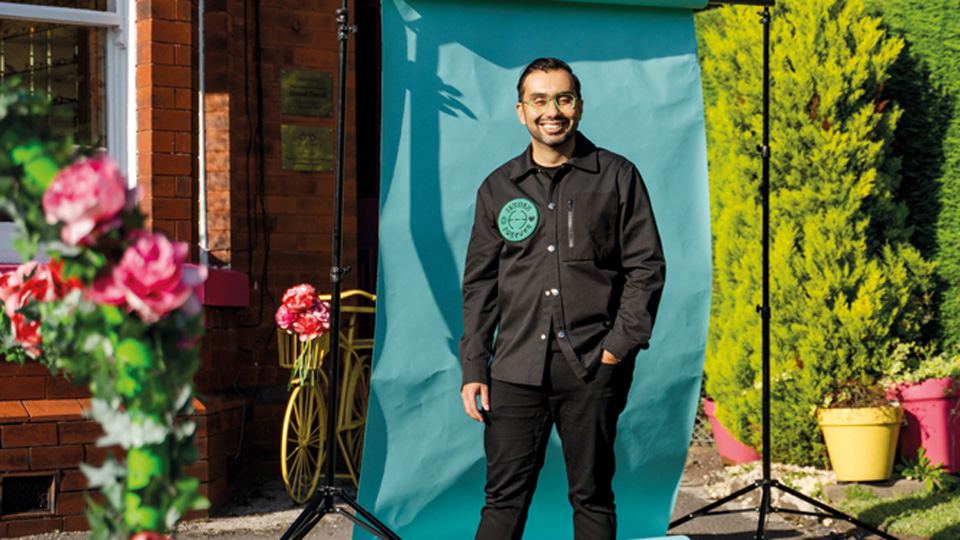
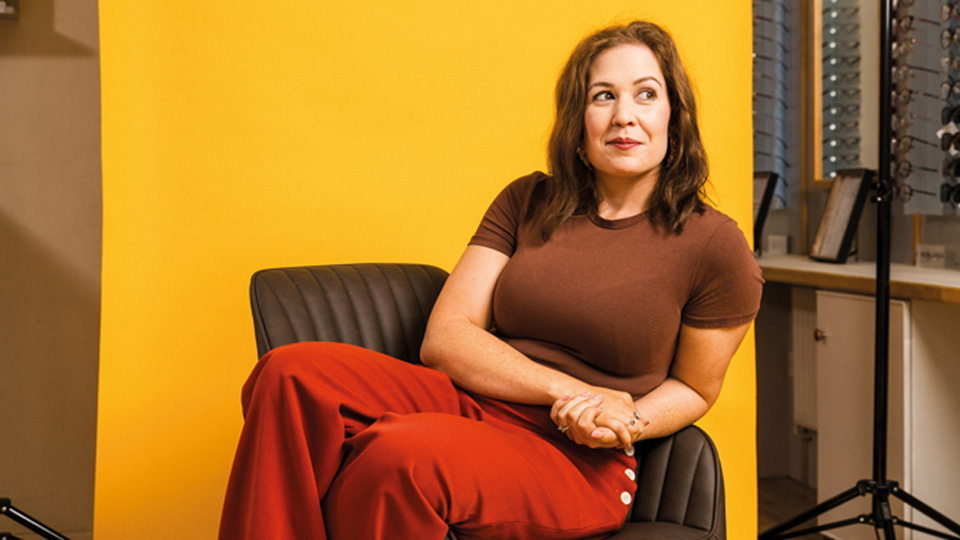
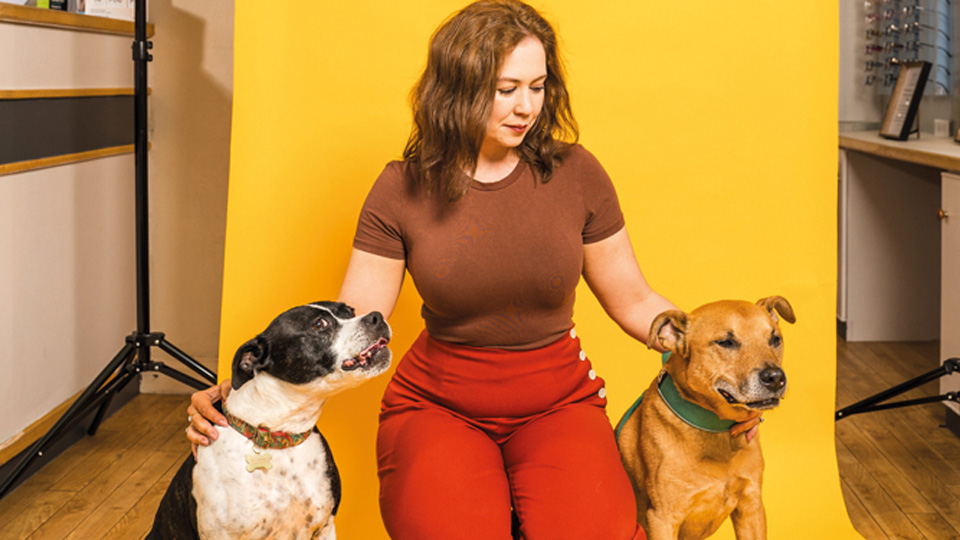
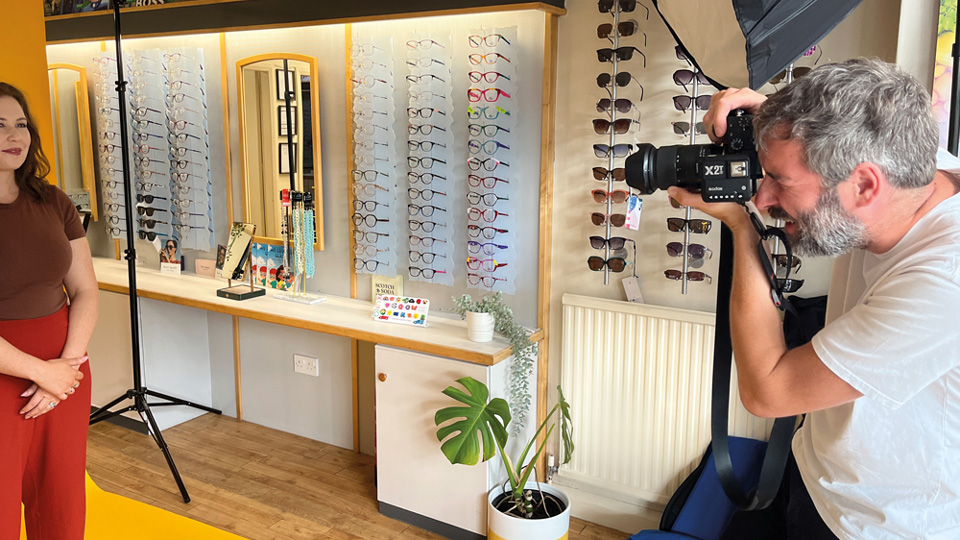
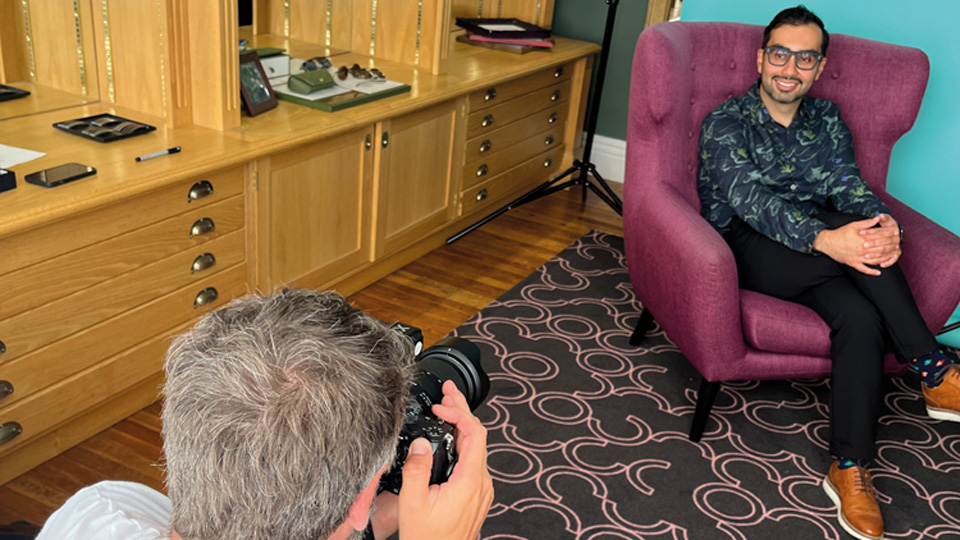
Comments (1)
You must be logged in to join the discussion. Log in
Anonymous10 October 2023
If you want the biscuit you have to risk it.
Report Like 150